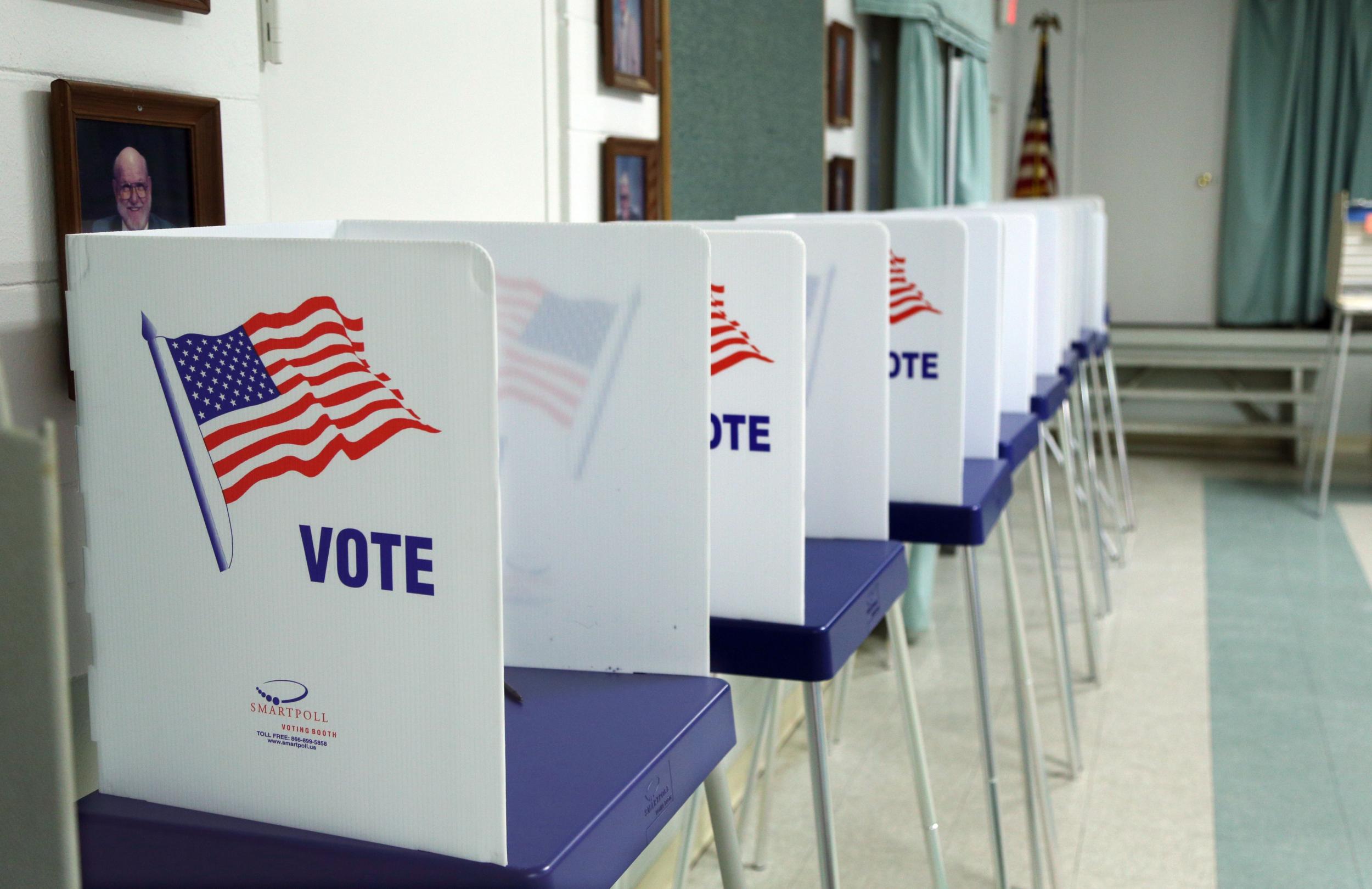'Voiceless ghosts of democracy': 90,000 former felons set to have voting rights restored in New Jersey
Around 50 per cent of those citizens who cannot vote because of prior convictions are African Americans, even though they New Jersey's population is just 15 per cent black

A measure that would restore the right to vote to nearly 90,000 American citizens in New Jersey could soon become law, after the state approved the measure in a party-line vote.
The bill, which Democrats managed to pass, is the latest effort across the United States to ensure that former felons are able to vote once they’ve left prison — and illustrates the power of local elections after a blue wave swept through the state in 2018.
The measure — which would extend voting rights to convicted felons who have been released from prison or jail, but are still on probation or parole — now goes to the Democrat-controlled state senate, where it must be approved before it can be passed along to Democratic governor Phil Murphy’s desk.
All told, around 79,000 adults in the state would be allowed to vote under the law, including 64,000 people on probation, and 15,000 on parole.
“We commend the New Jersey Assembly for taking this huge step forward toward restoring voting rights to people with criminal convictions in New Jersey,” said Ryan Haygood, the president and CEO of the New Jersey Institute for Social Justice, in a statement.
Mr Haygood said that around half of the people denied the right to vote after leaving prison or jail are black, even though African Americans account for just 15 per cent of the state’s population.
“Currently, the racism of the criminal justice system is directly imported into the franchise by an insidious form of voter suppression that creates voiceless ghosts of democracy in New Jersey,” Mr Haygood continued. As we mark 400 years since slavery arrived in America, the time has come to end that practice. We look forward to the bill’s passage in the senate, and to the governor signing it into law,” he said.
If the bill passes, the voting restoration would make it the latest state to expand voting access after Florida approved the largest such measure in 2018 to restore voting rights to some 1.4 million people.
That measure, which was passed by voters directly with more than 60 per cent of the vote, has been challenged by the Republican-controlled state legislature, which immediately took measures to require former inmates to pay court fees before being allowed to vote. Critics have claimed the requirement amounts to a modern day poll tax.
Other states, like Vermont, allow individuals still in prison to vote.
Join our commenting forum
Join thought-provoking conversations, follow other Independent readers and see their replies
Comments